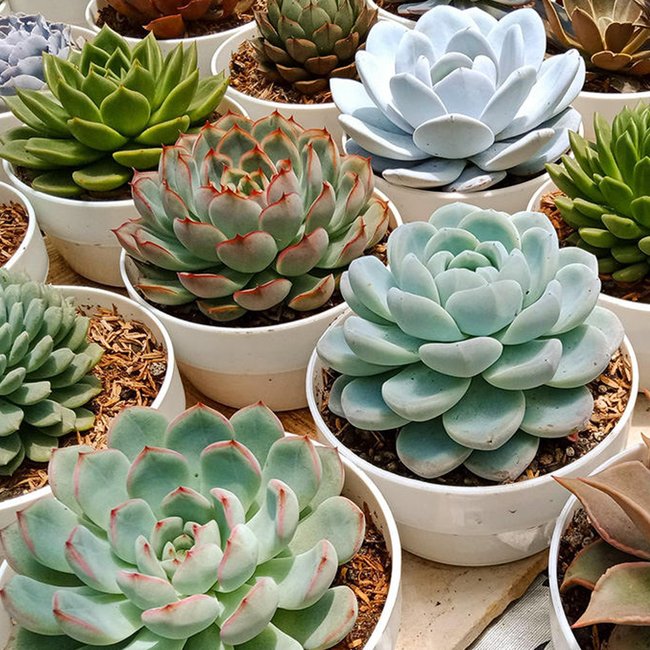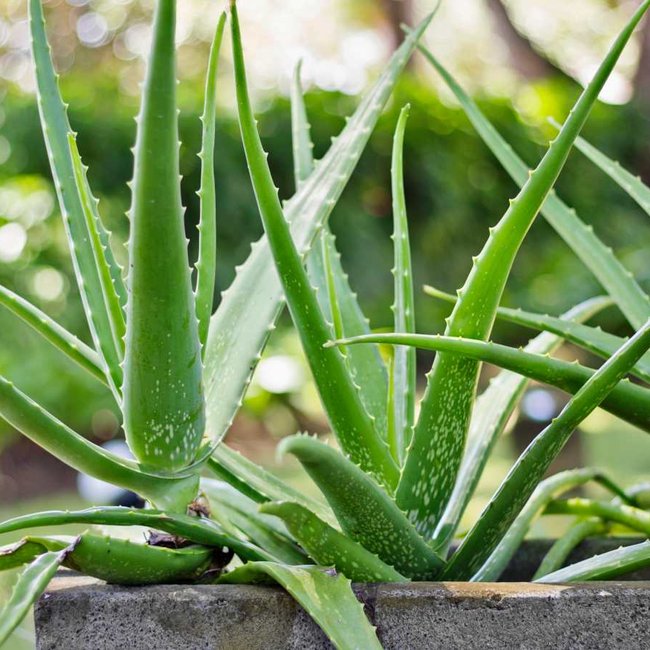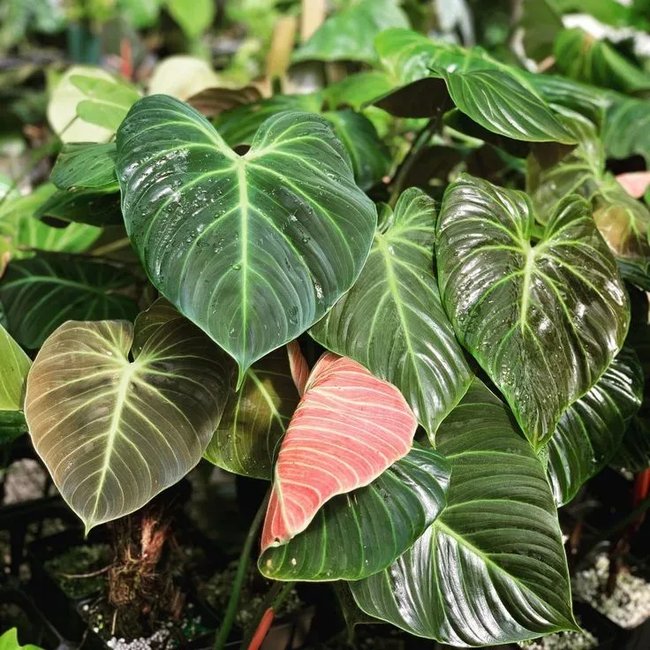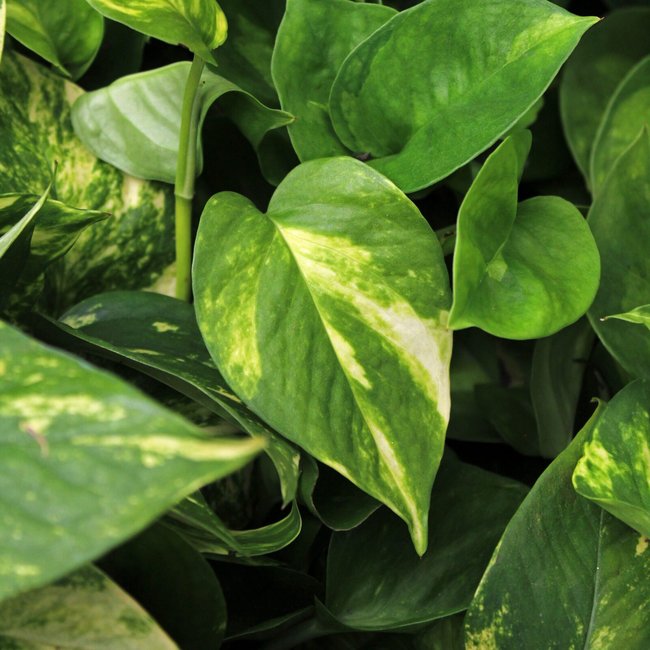Onions
Onions are a species of edible bulbous plants, belonging to the Allium genus of the Amaryllidaceae family. They are widely cultivated and used all around the world, both for culinary and medicinal purposes.
Classification and Taxonomy
Onions are classified as Allium cepa and belong to the Amaryllidaceae family.
Description and Characteristics
Onions are bulbous plants, with a thin, papery skin and a white flesh. They have a strong, pungent flavor and aroma. Onions can range in size from very small to very large, and the color of the skin can vary from white to yellow to red.
Distribution and Habitat
Onions are native to Central Asia and are now found in temperate climates all around the world. They are usually grown in well-drained, fertile soils in full sun.
Ecology and Reproduction
Onions reproduce by producing small bulbs, known as offsets. These offsets can either be planted directly or used to propagate new plants.
Uses and Economic Importance
Onions are widely used in cooking around the world. They are also used medicinally, to treat a variety of ailments. Onions are an important commercial crop, and are used to produce a variety of products, such as onion powder, onion flakes, and dehydrated onions.
Conservation Status
Onions are not threatened or endangered, and are widely cultivated around the world.
-
What are onions?
Onions are vegetables that belong to the Allium genus of plants. They are known for their distinctive flavor and pungent aroma. Onions are widely used in various cuisines around the world and are known for their health benefits.
-
How are onions grown?
Onions are grown from small bulbs or sets that are planted in well-drained soil in the spring or fall. They require full sun and regular watering. Onions can be grown in containers or in garden beds. They are typically harvested when the leaves turn yellow and begin to dry out.
-
What are the different types of onions?
There are several types of onions, including yellow onions, red onions, white onions, sweet onions, and green onions. Yellow onions are the most commonly used and have a pungent flavor. Red onions are milder in flavor and have a bright color. White onions have a sweet and mild flavor, while sweet onions are known for their low sulfur content and mild flavor. Green onions, also known as scallions, are commonly used in Asian cuisine and have a mild onion flavor.
-
What are the health benefits of onions?
Onions are known for their health benefits, including their ability to boost the immune system, reduce inflammation, and lower the risk of cancer and heart disease. Onions are also a good source of vitamins C and B6, as well as fiber and antioxidants.
-
How should onions be stored?
Onions should be stored in a cool, dry, and well-ventilated place. They can be stored in a pantry or on a shelf in a cool room, away from direct sunlight. Onions should not be stored in plastic bags, as this can trap moisture and lead to spoilage. Instead, they can be stored in a mesh bag or a paper bag. Cut onions should be stored in an airtight container in the refrigerator and used within a few days.
-
How are onions used in cooking?
Onions are a versatile ingredient that can be used in a variety of dishes, including soups, stews, stir-fries, and salads. They can be cooked or eaten raw, depending on the recipe. Onions can be sautéed, caramelized, or roasted to bring out their natural sweetness. They can also be sliced thinly and used as a garnish. Onions are often used as a flavor base for sauces and gravies and are a key ingredient in many spice blends and seasoning mixes.
-
Are there any potential side effects of eating onions?
While onions are generally safe to eat, some people may experience side effects such as heartburn, gas, or bloating. Eating large amounts of onions can also cause bad breath and body odor. Additionally, some people may be allergic to onions and experience symptoms such as itching, swelling, or hives. If you experience any adverse reactions after eating onions, it is best to consult a healthcare provider.
10 Fun Facts About
1. Onions are the most widely cultivated species in the Allium genus. 2. Onions are believed to have originated in Central Asia. 3. Onions can be used to make a variety of products, such as onion powder, onion flakes, and dehydrated onions. 4. Onions are believed to have medicinal properties, and are used to treat a variety of ailments. 5. Onions can range in size from very small to very large. 6. The color of the skin can vary from white to yellow to red. 7. Onions are used in cooking all around the world. 8. Onions have a strong, pungent flavor and aroma. 9. Onions produce small bulbs, known as offsets, which can be planted directly or used to propagate new plants. 10. Onions are a rich source of vitamin C, dietary fiber, and other essential nutrients.
Pun
Stop being so onion-y and tell me what you really think!
Similar To
Garlic, Shallots, Chives, Leeks Keywords: Allium, Bulbous Plant, Edible, Culinary, Medicinal, Offsets, Vitamin C, Dietary Fiber






